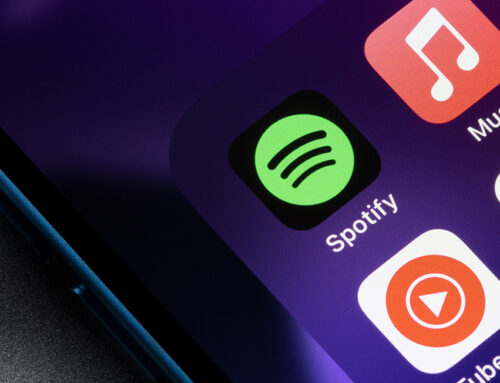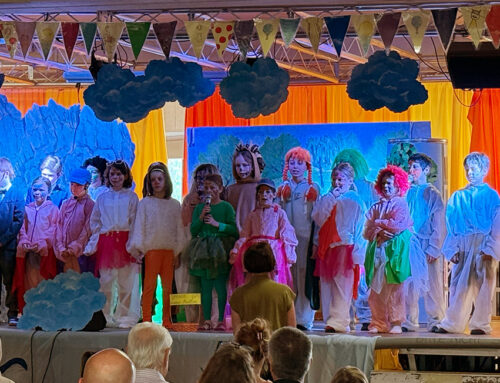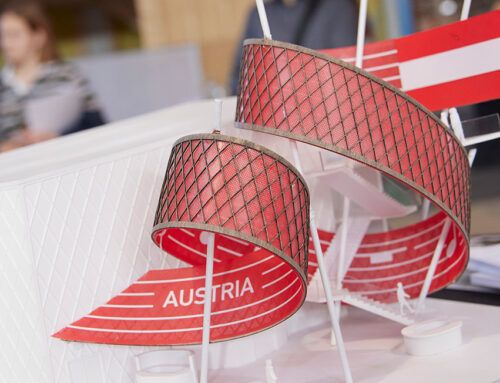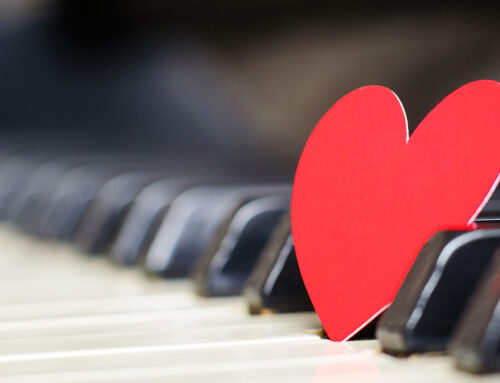With a Cochlear Implant in Sports and Work
Not giving up, overcoming seemingly insurmountable obstacles, and reaching your goal through hard work — that’s the recipe for success for 22-year-old triathlete Isabella, who is deaf in one ear.
Carmen Kronawettleitner
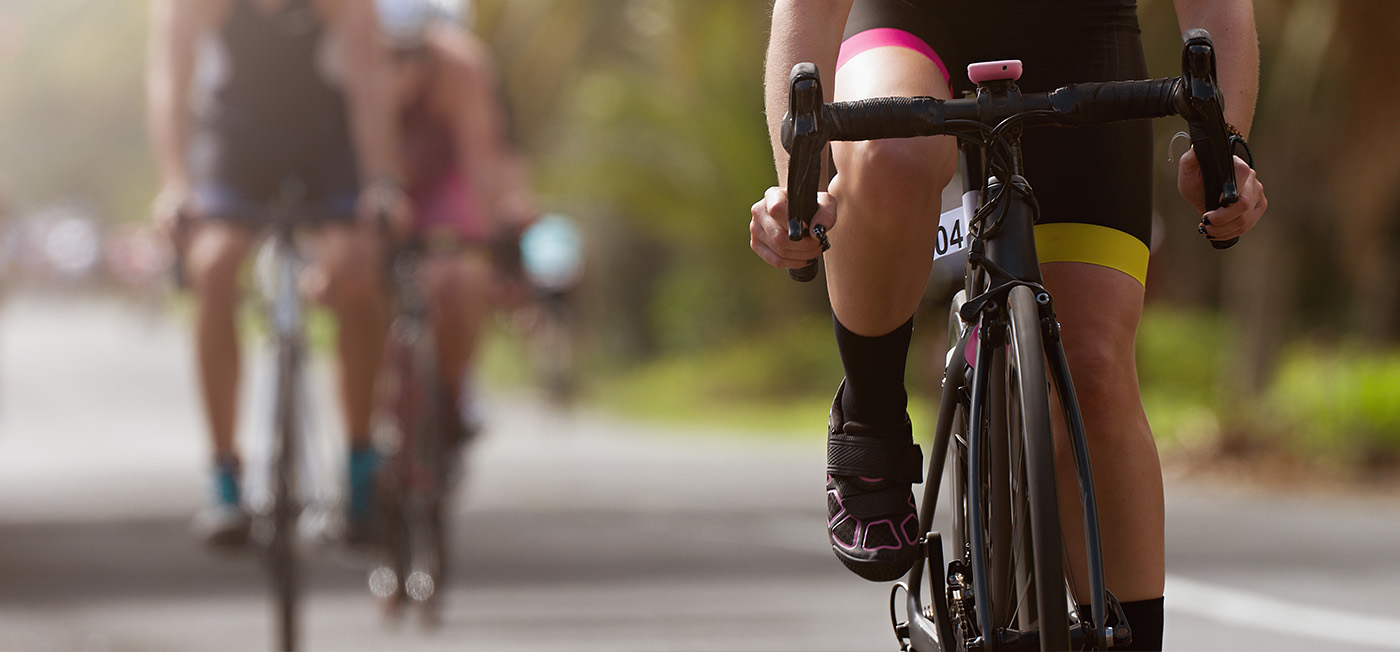
As a baby, Isabella contracted meningitis. At the time, she lived with her parents in the UK, where her hearing was only tested in open-field conditions and no abnormalities were detected. It wasn’t until she started school that her teacher noticed a hearing issue. More precise testing revealed severe hearing loss in her right ear. A CROS hearing system brought little improvement, but Isabella fought her way through school despite the disadvantage.
Her own medical history sparked an interest in medicine and a determination to find a solution for her hearing loss. However, several visits to ENT specialists in Vienna, where she now lives, always ended with the same disappointing finding: her cochlea was already too ossified, and none of the surgeons were willing to take the risk of an unsuccessful cochlear implantation surgery.
A Game Changer: The Christian Doppler Laboratory at the Medical University of Vienna

The young medical student Isabella Weiser is happy with her CI. ©privat
As a young medical student, Isabella faced her first hospital internship — a challenge made even harder by her single-sided hearing, especially while wearing a mask. Her interest in modern hearing technologies led her to attend the opening of the Christian Doppler Laboratory for Inner Ear Research at the Medical University of Vienna, where leading experts in cochlear implantation were presenting. Among them was MED-EL founder Ingeborg Hochmair, who spoke about a special electrode designed for ossified cochleae.
Summoning her courage, Isabella approached Dr. Hochmair about this electrode and was promptly introduced to the head of the ENT department at Vienna General Hospital (AKH), Professor Wolfgang Gstöttner. He took on the case and implanted a CI with a short electrode in the now 20-year-old.
Thanks to her diligence and endurance in auditory training, Isabella’s next hospital internship turned out to be not only more interesting but also significantly less exhausting than the previous year.
A Surprise at the World Championships
Isabella’s discipline and perseverance extend beyond her studies. As a child, she loved running, cycling, and swimming—so joining a triathlon club seemed like a natural step. Now, with her newly gained ability to localize sound direction thanks to the CI, she could enjoy all three sports in a community of like-minded athletes.
She became a member of the triathlon club GoZebra in Vienna-Währing, where her coach understood how to work with her hearing impairment and supported her development. The results speak for themselves: Isabella unexpectedly qualified for the 2024 Triathlon World Championships in Torremolinos, Spain, in the sprint distance — 750 meters of swimming, 20 km cycling, and 5 km running.
On October 17, 2024, the big day arrived. “I was proud and happy just to have made it to the starting line,” Isabella recalls. “I’ve never swum in such high waves during a competition before. Swimming exhausted me, but I regained my strength for the cycling and running segments. I was determined to reach the finish line,” she says of her race in the women’s 20–24 age group.
She succeeded — and although it wasn’t enough for a top placement, the amateur athlete could rightfully be proud of her performance.
Not Without My CI - Except During the Race
She competed without her cochlear implant for several reasons. Putting it on, removing it, and storing the processor securely during transitions between sports would have cost too much time. She also feared losing the processor while swimming in the sea.
“I want to focus 100 % on navigation while swimming. Worrying about the processor would just distract me,” she explains.
However, during the cycling portion, not wearing the CI was a disadvantage—she sometimes didn’t hear when officials spoke to her. As a result, she wasn’t sure if she had received a time penalty for a rule violation. Asking about it later cost her valuable minutes, since, unlike in Austrian races, penalties weren’t posted anywhere for the competitors to see.
Isabella already has a plan for how to handle this at future races. “For the cycling part, I’m thinking of having a top or jacket made that says I have a hearing impairment. Sometimes I don’t hear when someone rings their bell or calls out from behind that they want to pass.”
After the World Championships Comes the European Championships
As an amateur athlete, Isabella trains 10 to 15 hours per week, divided into two to three sessions daily. Although triathlon is considered an individual sport, she enjoys the club life and the sense of community that she now experiences even more intensively with the CI.
The next world championship in Australia isn’t an option for the young student due to the financial burden, which she would have to bear herself. So now she’s preparing to qualify for the European Championships, which will be held in Istanbul in 2025.
Her big wish for the coming year? To balance medical studies with amateur sports—and to find out how far she can go in triathlon.
Lifelong Hearing Team wishes Isabella all the best!

